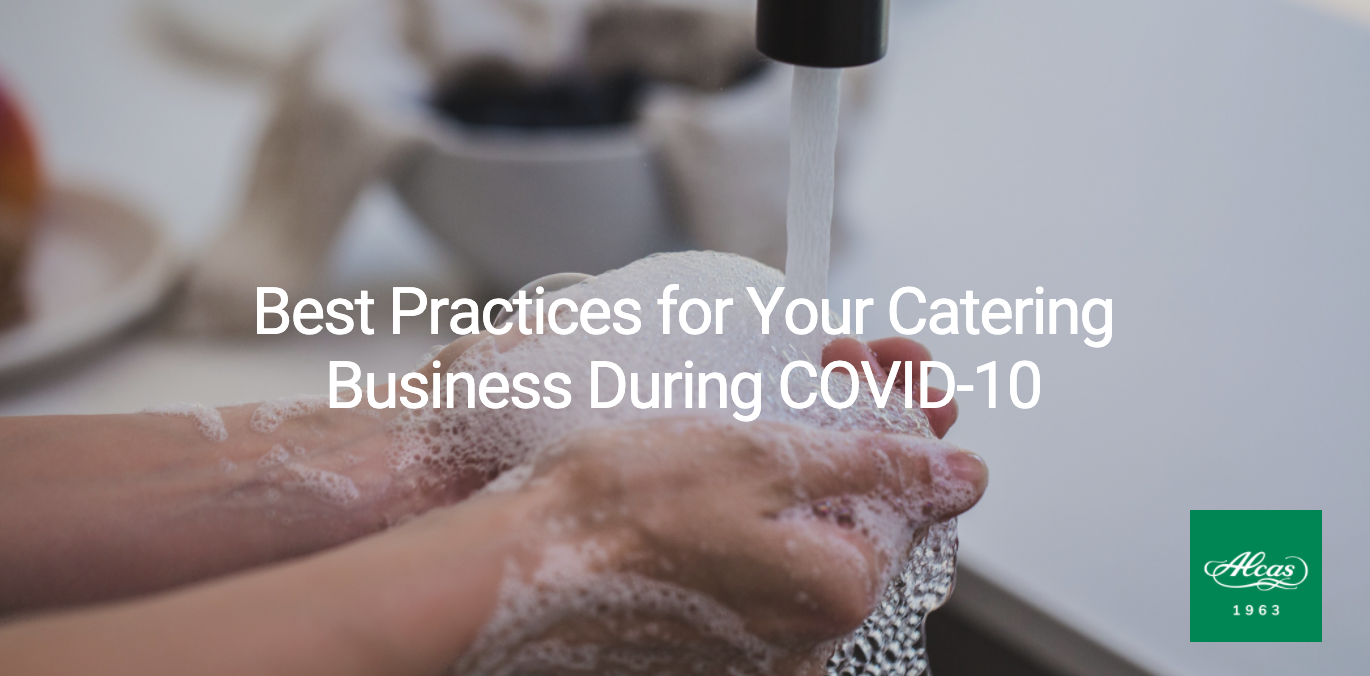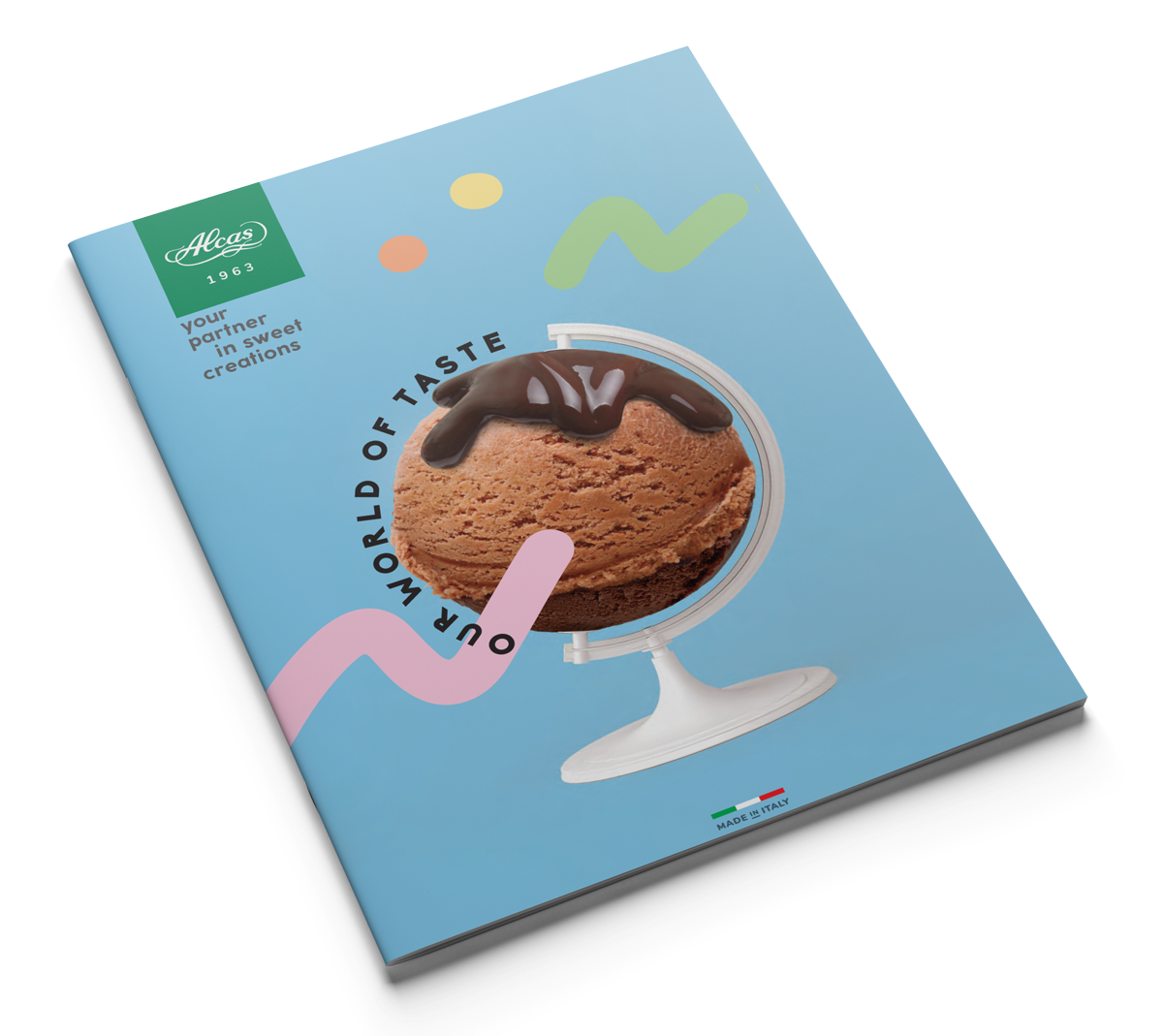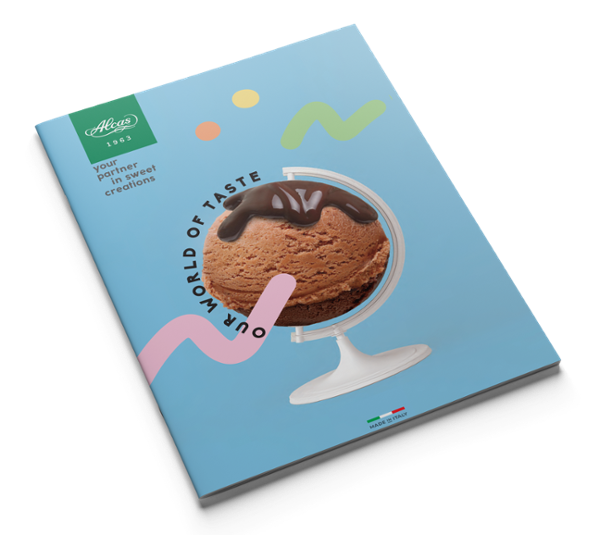
During this crisis, a lot of safety precautions have been implemented to ensure that the virus will not spread to even more people. Food safety, among others, is very important in this current situation. That is why experts are encouraging caterers to be strict about how they prepare and transport their products.
It is important for a catering service to conduct safety food training with their employees to make sure that everyone knows how to properly handle the food being served. It is also important for them to understand the responsibility given to them to make sure that what they prepare is safe. Additionally, they should be inspected by the local health inspectors and should have a clearance to operate. And with the ongoing crisis, the catering service must have a dedicated food delivery vehicle for easy transport of the products.
Other best practices that should be taken into consideration are as follows:
- Use of gloves when handling and serving food. Make sure to use the proper protocols for glove use to minimize the spread of the virus and other bacteria that might be present. By putting gloves on, it becomes a barrier to contact transmission, so it is important to know how to dispose of it properly.
- Use anti-bacterial wipes on cans and packages before serving. This is to ensure that these are sanitized and are free of the virus. There should be a proper protocol for the sanitation of these as they can be a potential carrier of the virus.
- Use disinfecting supplies recommended by the US Centers for Disease Control and Prevention to avoid the virus from spreading. Frequent disinfecting surfaces repeatedly where it is being touched by employees or customers (like doorknobs, equipment handles, check-out counters, etc) is advised. It is also highly suggested the use of disposable dishes as it can easily be disposed of and contamination from one person to another will be minimized.
- You also need to make sure that your customers maintain good social distancing by discontinuing operations that require customers to use common utensils or dispensers, like salad bars, buffet, and beverage service stations. Make your customers fall in line with a safe distance from each other. It is also being discouraged for customers to bring their pets, except for service animals.
- For food pick-up and delivery, the same protocols should also be in place. Employees should wash their hands often with soap and water for at least 20 seconds. Cleaning and disinfecting of the high-touch surfaces such as countertops, touch screens and surfaces of the vehicles should be increased. Most importantly, establish a designed pick-up zone for customers to help maintain social distancing and to make sure that contact is minimized as possible. Maintain social distancing when delivering food and as much as possible because a contactless delivery should be imposed. Routinely clean and sanitize not just the vehicle but the coolers and insulated bags used to deliver the food.
All these safety precautions can ensure the safety or your team and customers!
DOWNLOAD OUR 2020 CATALOG:




